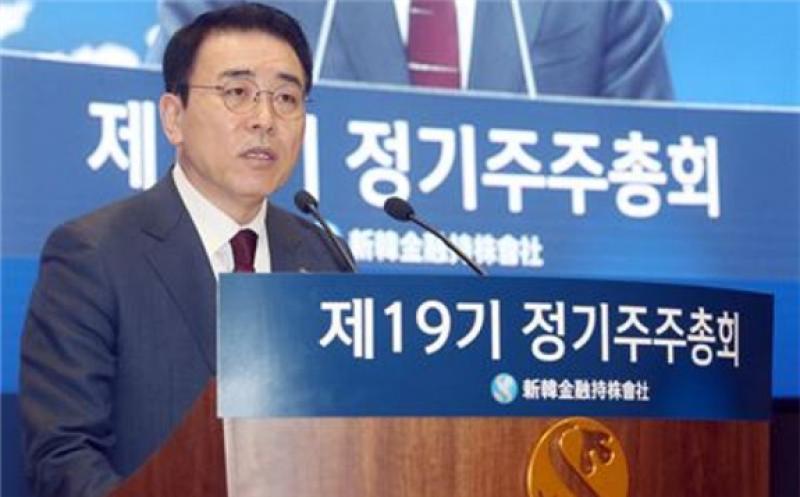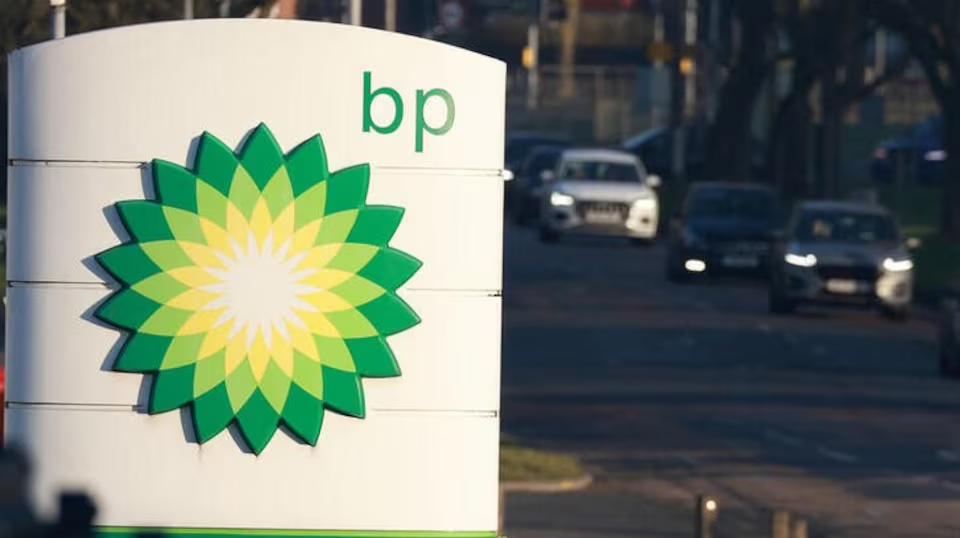Shinhan Financial Group has declared its vision to go carbon-neutral by 2050, the first such move by a financial services firm in Southeast Asia, according to the group, Sunday.

Chairman Cho Yong-byoung presided over a meeting of a group subcommittee under the board to declare a "zero-carbon drive," as part of a distinctive move to lead the discussion on the impending crisis of climate change and join the global wave of eco-friendly initiatives.
The group will reorient investment and lending rules from carbon-heavy firms and industries to ones whose business models are environmentally conscious and therefore sustainable.
Firms with green growth business models will be granted greater opportunities for larger loans, among other eased financing rules to be updated to foster the future-oriented firms.
The group aims to reduce carbon emissions by 46 percent by 2030, and increase the target level to 88 percent by 2040.
Its asset portfolio will be restructured to have its investments reduce carbon emissions by 38 percent by 2030 and further to 69 percent by 2040, before reducing them to zero by 2050.
This will be enabled by increased financing for firms that develop technologies to advance the green initiative, firms that replace old facilities and equipment with new eco-friendly ones and greater equity investment in renewables.
The zero-emission will objective will be achieved, the group added, through Science Based Target initiative, a joint initiative by Carbon Disclosure Project (CDP), the United Nations Global Compact, the World Resources Institute among others intended to "increase corporate ambition on climate action by mobilizing companies to set greenhouse gas emission reduction targets," according to the CDP website.
The targets should be, the website said, consistent with the level of de-carbonization required by science to limit warming to less than 1.5 degrees Celsius or 2 degrees Celsius compared to preindustrial temperatures.
The initiative is in support of the Paris Agreement signed in 2016 within the United Nations Framework Convention on Climate Change, dealing with greenhouse-gas-emissions mitigation, adaptation and finance.
This pushes leading companies to demonstrate the scale of emission reductions achievable, thereby positively influencing international climate discussions and domestic climate policy.
Shinhan's move is in line with the government drive to go carbon-neutral by 2050.
President Moon Jae-in declared on Oct. 28 that Korea would seek to reduce greenhouses gas emissions to zero by 2050, the first pledge made by the country.
This will materialize through 8 trillion won ($7.1 billion) in government spending to be injected for the Green New Deal, a key part of the Korean New Deal, defined by a five-year investment of 160 trillion won.
Japan declared a similar initiative to reduce the emissions to zero by 2050, while China aims to achieve the goal by 2060.
This article is reproduced at www.koreatimes.co.kr







